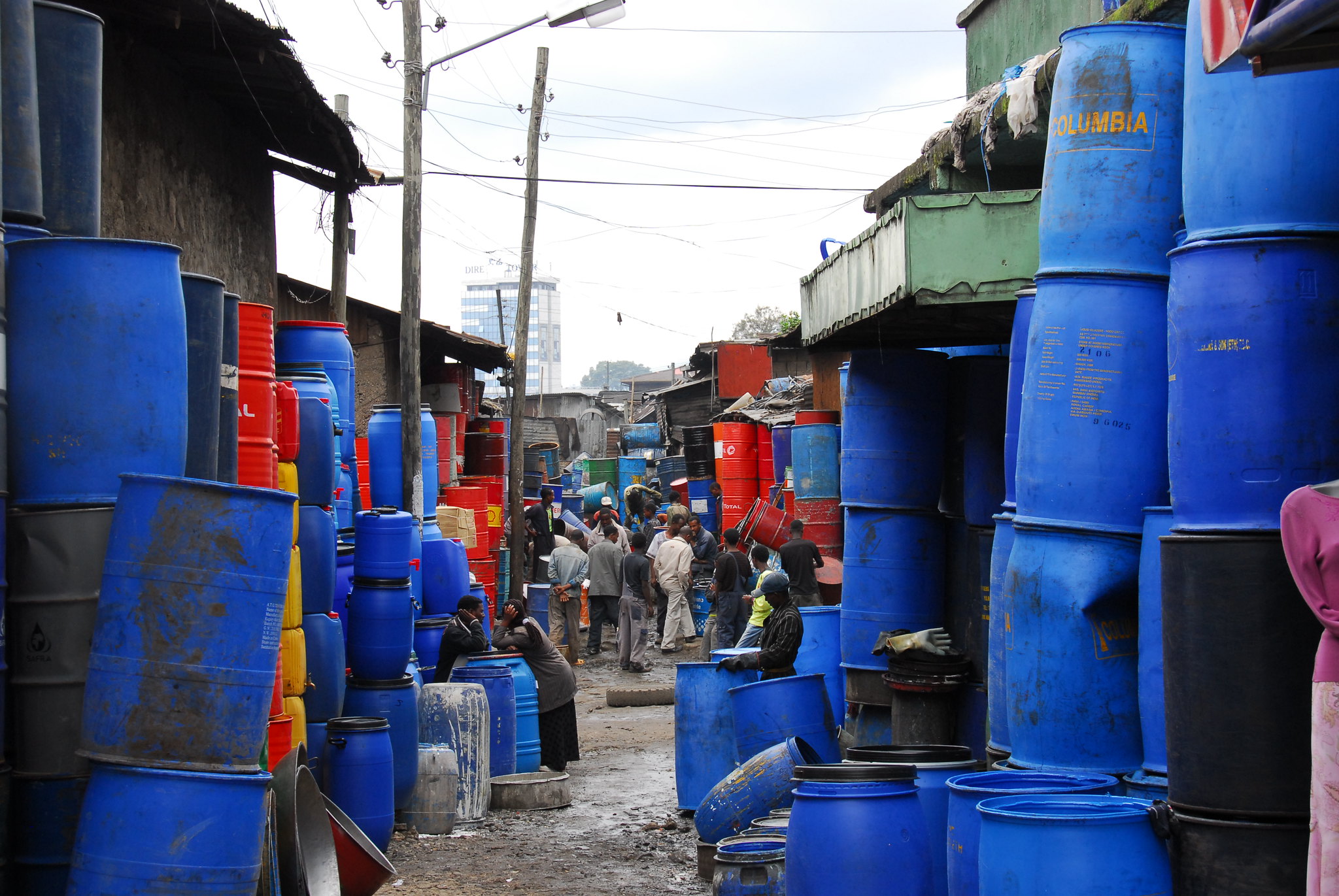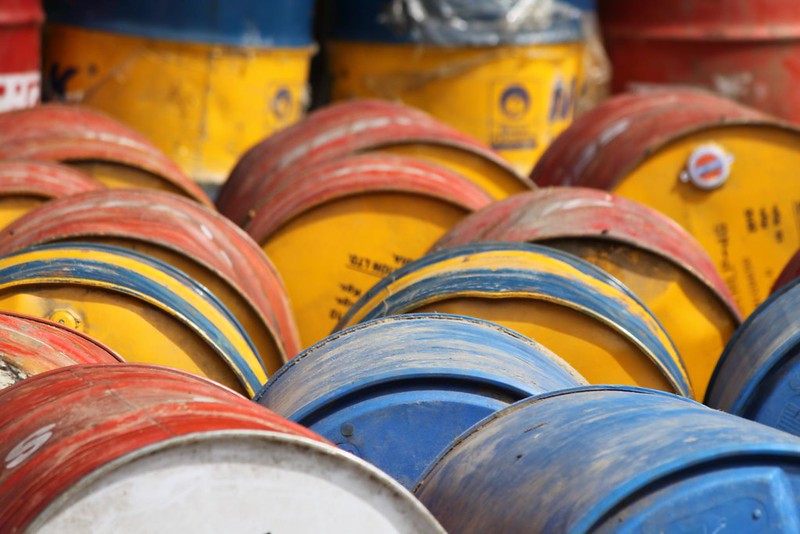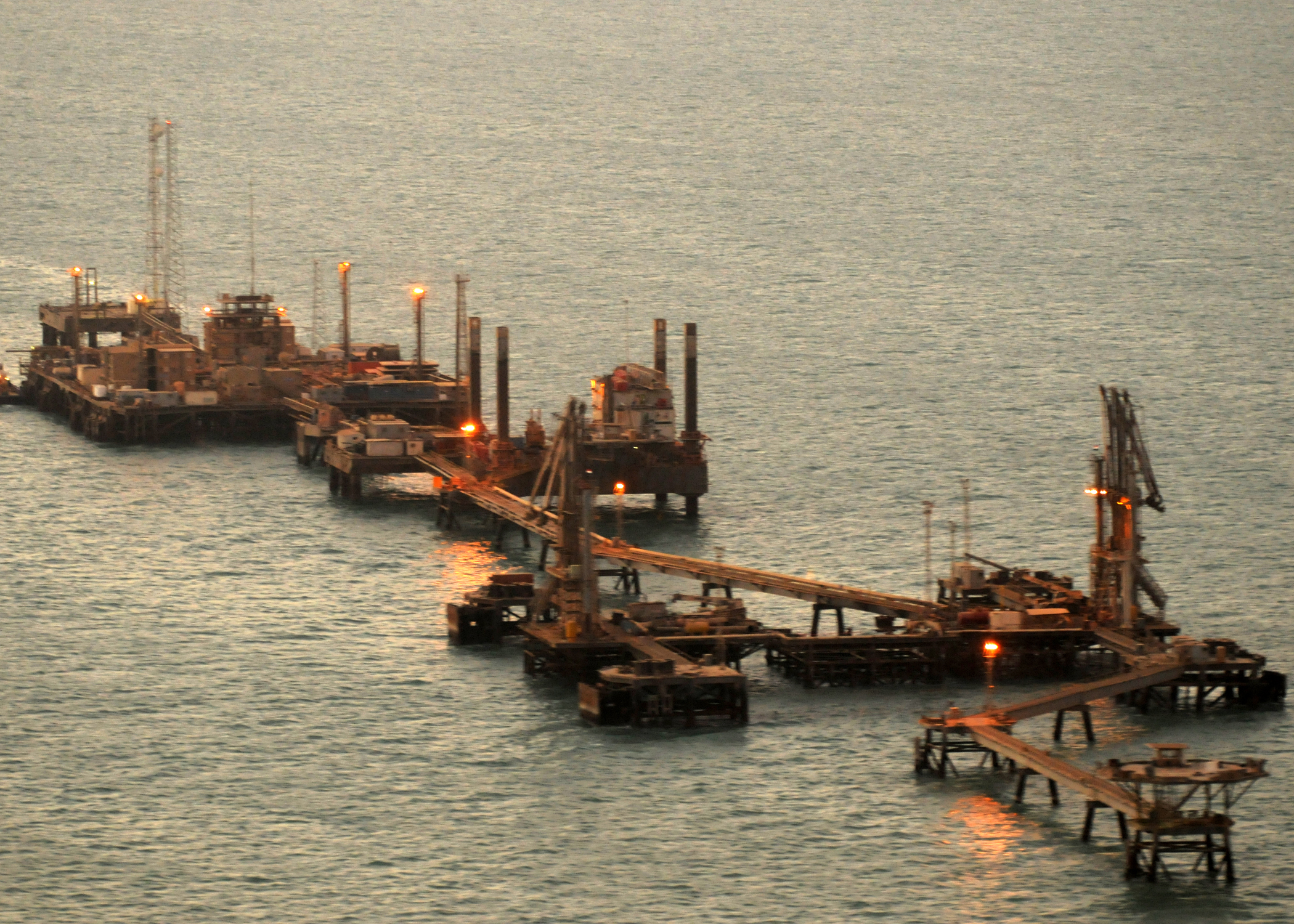Decarbonization, or the replacement of fossil fuels by renewables or ‘cleaner’ forms of energy is a key response to global warming, but most of the current thinking on decarbonization and energy transitions is politics agnostic. In less-institutionalized oil-producing states, where oil rents play an important role in politics, decarbonization is likely to have major impacts on elite political maneuvering. The World Peace Foundation’s project on ‘traumatic decarbonization’ has tried to identify some of the political consequences of decarbonization which have already occurred.

This paper provides an overview of some of the lessons emerging from the case studies which comprised this project, some of which have already been summarized in a blog post. Instead of repeating those points, the rest of this blog focuses on one theme which remains underemphasized – the ways in which traumatic decarbonization increases the vulnerability and precarity of the population in oil producing countries.
In the countries that we studied – Sudan, South Sudan, Nigeria, Venezuela, Ecuador, and Iraq – elite strategies to obtain and hold on to power were likely to instrumentalize people, though in very different ways. In Venezuela and Ecuador funds were directed towards economic re-distribution or expansion of services, and at the same time, accompanied by investments in strengthening networks of cronies, in shoring up the security sector, and in maintaining patronage networks. At the other end of the spectrum lie Sudan and South Sudan, founded on purely predatory political economies. Iraq and Nigeria lie somewhere in the middle, with political parties offering patronage in the form of public-sector jobs (especially in Iraq) while oil revenues are siphoned off to reward cronies.
The point is, even at their most benign, political leaders in these countries have little incentive to provide public goods or undertake welfare-enhancing economic reform. As a result, large groups of people in each of these countries already lead extremely precarious lives. At the same time, the availability of oil in revenues makes elite politics relatively autonomous from society and the polity. The net effect is to insulate elites (for the most part) from the fall-out of economic misery.
When government revenues and economies are affected by the fall in oil prices, politicians try to find rent-substitutes, turn to austerity measures, try and diversify economies, and double down on fossil fuels (including by mortgaging future oil revenues for cash in hand). They also turn to violence to avoid having to make political payments, and to keep subordinate political players quiescent. Across the case study countries, the decline in oil rents caused budgetary shortfalls, and precipitated macro-economic crises. In every case other than Ecuador, governments either ignored the crisis, or exacerbated it through (a) their efforts to find alternate sources of rent and (b) the often-violent methods they used to extract that rent.
In South Sudan, the loss of oil marked a return to older patterns of predation and extraversion. Armed actors have been ‘licensed’ by the regime in Juba to loot and pillage, tax and divert humanitarian resources, and forcibly displace populations. These violent processes have been accompanied by the enclosure of land using processes of formal land tenure and coercive land purchases, which have placed ever-increasing tracts of land in the hands of the elite. Customary forms of resource circulation and land ownership have been replaced by widespread dependence on waged employment and markets. Within this rapidly commoditizing economy, the displaced are effectively conscripted to work the land at below market wages. Food insecurity has also increased markedly. In fact, hunger is a characteristic of post-oil Sudan and Venezuela (and to an extent, Nigeria). Venezuelans joke darkly about the ‘Maduro-Diet’ – a reference to widespread food shortages (including of staples such as rice and milk) and extraordinarily high inflation, which caused rapid increases in both malnutrition and infant mortality.
In Sudan, post-oil dynamics flattened the differences in hunger between peripheries and urban center of the country. Rural Sudanese have, of course, gone hungry for generations – even as wheat subsidies funded by oil revenues subsidized urban diets. This was the product of a particularly brutal agrarian economy which relied on continually increasing land under cultivation even as a steady stream of workers displaced and dispossessed by Sudan’s peripheral counterinsurgencies provided cheap labour for the farms. Oil had papered over the fissures in the system – but when oil revenues declined, the Sudanese government could no longer pay for imports or balance budgets. Subsidies were removed, inflation spiked, and prices increased, and the resulting protests removed President al-Bashir from power. The macro-economic pathologies were too severe for the civilian administration to survive, and the military returned to power in a coup on October 2021, using repression to suppress continued civic protests.
A different pattern was visible in Iraq. There, the shortfall in budgets meant that the quota-based system for allocation of jobs and contracts – the muhassasa ta’ifiya – had to be refashioned after 2014. Instead of ethno-religious considerations, jobs and contracts began to be allocated on the basis of negotiations based on business calculations between parties, businessmen and armed actors. This system, the muhassasa hezibiya, continued to ignore the desires and aspirations for ordinary Iraqis, with widespread protests breaking out across the country in 2019, which cut across sectarian lines. In effect, some of the system has gone underground since those protests – with political parties negotiating in secret over special appointments to senior civil service positions – which in turn are responsible for routing political finance to party coffers through sub-contracts.
It is obvious that decarbonization will affect both government revenues and economies more generally. Scholars also predict job-losses among those working in extractive industries and curtailment of public services and payrolls funded by oil revenues. They need to be more attentive to the indirect ways in which decarbonization is likely to affect precarity in fragile countries.
Author
Aditya Sarkar is aPhD student at the Fletcher School at Tufts University, and an independent researcher. He has been a fellow at World Peace Foundation since 2017, and has advised the ILO and the Governments of Sudan, Somalia and Ethiopia on developing National Employment Policies, and has consulted with the World Bank, and the Open Society Foundations. Aditya is qualified as a lawyer in India and in England and Wales. He previously worked with Linklaters LLP (a global law firm) in London as well as the Ministry of Commerce in India. He holds a master’s degree from the Fletcher School of Law and Diplomacy at Tufts University and is a graduate of the National Law School of India University in Bangalore, India. His research focuses on the political economy of transactional political systems, labour, and migration/displacement.
The Carbon Compacts, Decarbonization, and Peace in Fragile States in Africa and the Middle East project was a 21-month research project led by the World Peace Foundation at Tufts University and funded by the United States Institute for Peace. Our goal within the project was to analyze how traumatic decarbonization—a rapid loss of oil rents—would affect peace processes and political settlements in fragile oil-producing states in Africa and the Middle East.
Learn more about the Carbon Compacts, Decarbonization and Peace in Fragile States in Africa and the Middle East program.
Photo: Where oil drums come to die, Mike Rosenberg 2008 | Flickr (CC BY 2.0)



